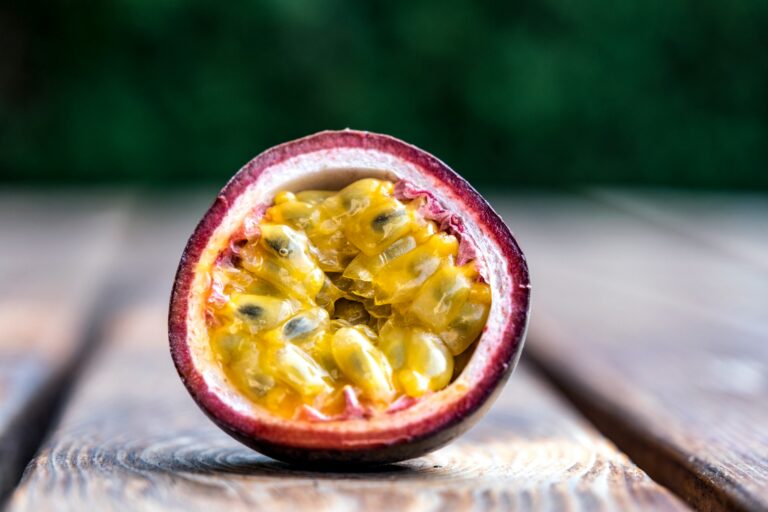The scientific name of tangerine is Citrus tangerina. Tangerine is a type of orange. It has been treated as a separate species under the name Citrus tangerina or Citrus x tangerina. Tangerines are native to Southeast Asia, particularly Vietnam and China. Tangerine is cultivated in subtropical regions. Tangerine is a fruit tree of the Rutaceae family, native to Southeast Asia, particularly China. Tangerines are often called mandarins. But not all mandarins are tangerines.
Color: tangerine is a bright reddish-orange color. Tangerine is a bold orange.
Shape: Tangerines are slightly flattened and have an oblate spheroid shape. Tangerines are smaller than oranges.
Size: A medium tangerine is about 2.5 inches in diameter and weighs about 88 grams.
Flavor: The flavor of tangerine is refreshing. The flavor is sweet and tart.
Nutrients
Tangerine is a type of citrus fruit that is orange in color. One hundred grams of tangerine often contains the following beneficial nutrients.
- Calories 53
- Saturated fat 0.3
- Potassium 166 mg
- Dietary fiber 1.8 g
- Vitamin C 44% of the daily value
- Iron 1% of the daily value
- Calcium 3% of the daily value
- Sodium 2 mg
- Total fat 0.3 g
- Total carbohydrates 13 g
- Sugar 11 g
- Protein 0.8 g
- Vitamin B6 5% of the daily value
- Magnesium 3% of the daily value
| How to grow tangerines? |
Health Benefits of Tangerine
Tangerine supports immunity against diseases such as the common cold. It is also packed with other vitamins, fiber, folate, potassium, and magnesium. It is satisfyingly sweet. It is a high score of antioxidants.
Immunity booster
Tangerine contains Vitamin C that helps in protecting the immune system from bacteria and viruses by acting upon T cells, a type of white blood cells that protect your body. Vitamin C enhances phagocytosis. The immune cells that ingest bacteria and other harmful compounds strengthen the immune system.
Support brain health
Antioxidants present in tangerines such as nobiletin and Vitamin C. These protect against chronic brain disorders such as Alzheimer’s disease and Parkinson’s disease. Research has linked an increased free radical count in tangerines. Vitamin C’s antioxidant capacity may protect against free radical-induced damage in the rain.
Improve skin appearance
Collagen is the most abundant protein in your body. It gives strength, structure, and stability to connective tissues, including your skin. Vitamin C improves collagen synthesis, which improves wound healing and reduces signs of aging such as wrinkling.
Weight loss friendly
Tendering may aid weight loss by increasing your daily fiber intake. Citrus fruits, including tangerine, provide insoluble fibers. This type of fiber enhances feelings of fullness by slowing down the transit of food through your digestive tract. Higher fiber intakes are better able to maintain body weight or prevent weight regain compared with those who consume less fiber.
Rich in antioxidants
Antioxidants protect your body. It neutralizes the damaging effects of oxidative stress, which is caused by the accumulation of free radicals. These harmful molecules are involved in the development of chronic conditions such as cancer, heart disease, and arthritis. Tangerines, including their peels, are rich sources of antioxidants such as beta-cryptoxanthin, vitamin C, and flavonoids such as hesperidin, naringin, tangeretin, and nobiletin. Vitamin C’s antioxidant capacity is known for its beneficial effects on heart and skin health, as well as for its cancer-fighting properties.
Side Effects of Tangerine
Generally, tangerines are safe to eat, but taking them in the diet than the normal amount may lead to severe complications such as Acid reflux, Heartburn, and Abdominal pain.
FAQ’s
How many tangerines can you eat a day?
There’s no strict limit on how many tangerines you can eat in a day, but moderation is key. For most healthy adults, one to two tangerines daily can be a nutritious addition to their diet. However, excessive consumption can lead to some potential issues, especially for individuals with diabetes, kidney problems, or those sensitive to sugar or acid.
Is tangerine good for the skin?
Yes, tangerines can be beneficial for skin health due to their rich content of vitamin C, antioxidants, and other nutrients. Tangerines can help improve skin elasticity, reduce acne, and protect against premature aging.






